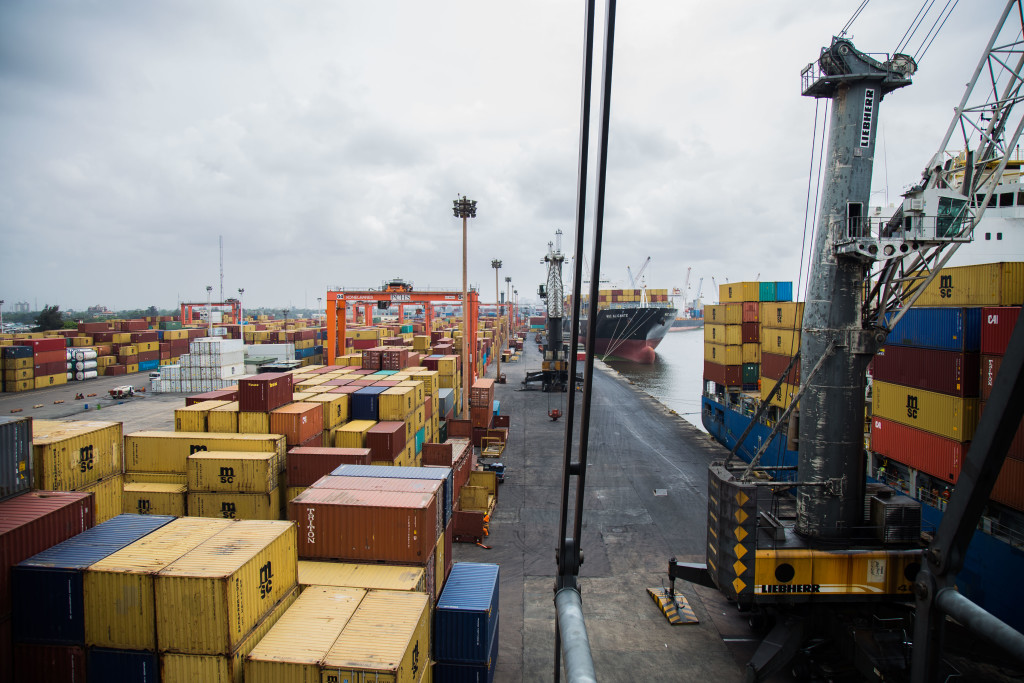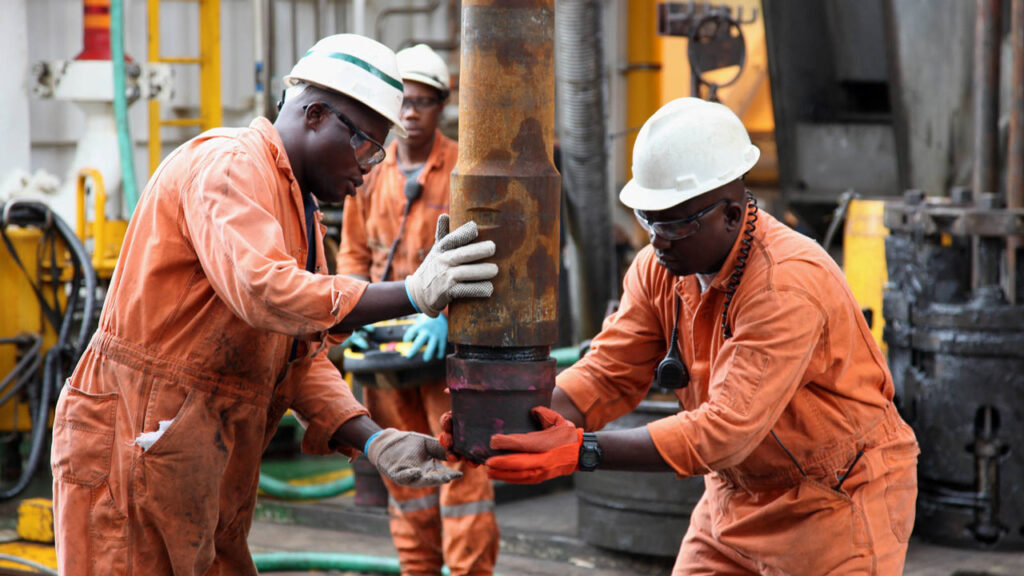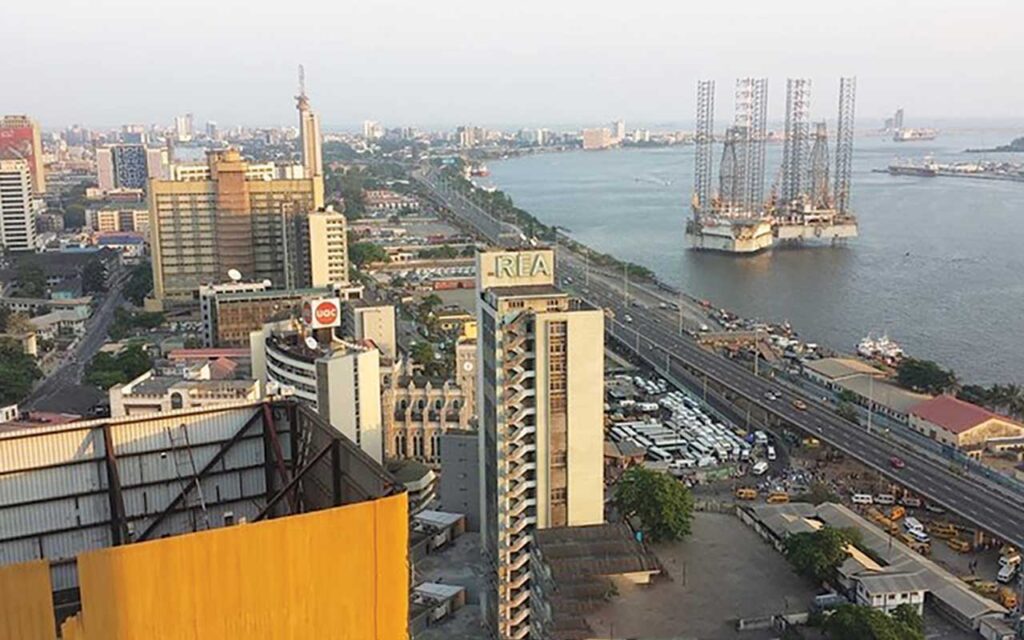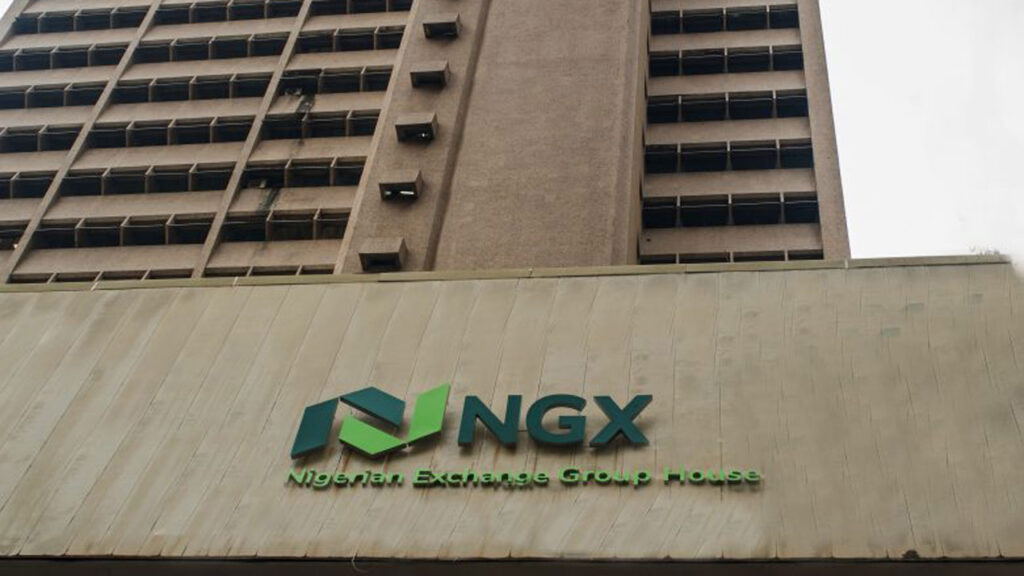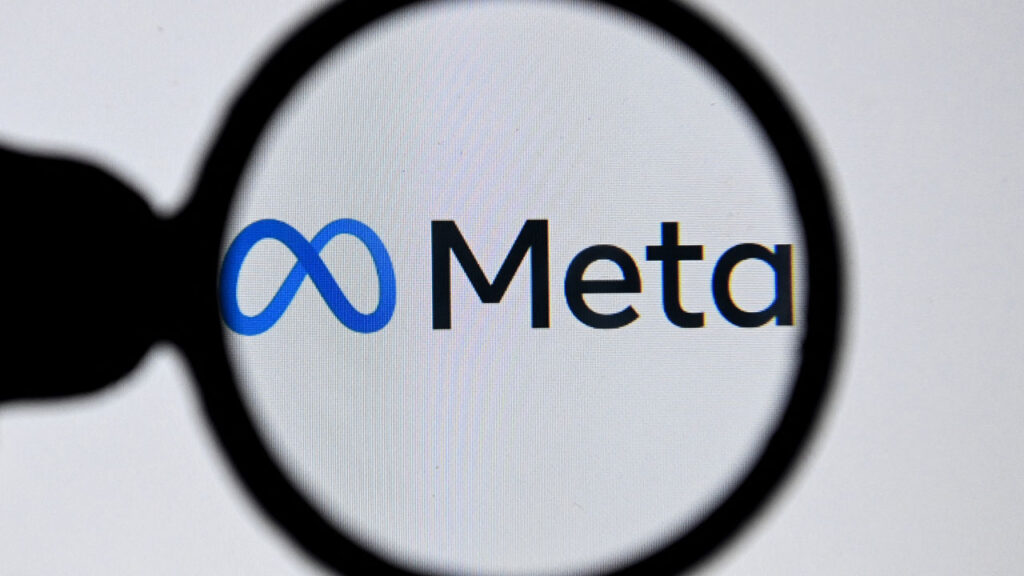
Notwithstanding the risks associated with onshore production in the country leading to divestments of international oil firms, Shell Petroleum Development Company of Nigeria Limited (SPDC) has restated commitments towards strengthening its deepwater and gas position in the country.
According to the energy firm, there are plans to explore opportunities in the renewable segment, just as its gas programme has aided the revival of many ailing firms.
Country Head, Corporate Relations and Director, SPDC, Igo Weli, during a business engagement, explained that the business environment, especially as it relates to protection of oil assets, remains challenging for many operators.
The SPDC noted that the vast majority of oil spills in the Niger Delta continue to be caused by crude oil theft or the sabotage of pipelines, as well as illegal oil refining.
It explained that while the Shell Petroleum Development Company of Nigeria Joint Venture (SPDC JV) has no authority to prevent illegal oil refineries, it is committed to preventing attacks and breaches of its pipelines and well heads.
Indeed, SPDC noted that in 2020, 92 per cent of oil spills were caused by sabotage and theft, similar to previous years.
According to its 2021 briefing notes, the challenge of preventing spills relating to sabotage and theft by third parties remains.
“In 2020, there were 122 sabotage-related spills over 100 kilogrammes, down from 156 in 2019. Thanks to preventive efforts, spilled volumes from illegal activities were around 1,400 tonnes of crude in 2020, compared with over 2,300 tonnes in 2019 and over 4,000 tonnes five years ago.
“Sabotage incidents often occur in remote areas of the Niger Delta, where access is difficult. The SPDC JV works closely with government agencies, non-governmental organisations and communities to proactively minimise spills from illegal activity. This involves using simplified zonal pipeline maps to enhance targeted response and prevent incidents from occurring.
“The use of new surveillance equipment, regular overflights, on-the-ground inspections and anti-theft protection mechanisms all also contribute to discouraging crude oil theft”, the report showed.
The briefing notes further showed that SPDC has also been able to remove more than 720 illegal theft points.
According to the firm, illegal theft points are identified by regular inspections from the air and on the ground.
“SPDC has also implemented anti-theft protection mechanisms, such as anti-tamper locks and steel cages for wellhead. By the end of 2020, 364 cages have been installed including 73 cages upgraded with CCTV. Around 224 more are planned for the next two years.
“In 2020, 15 breaches of the cages were recorded out of 1,706 attempts. As a result, well head-related losses significantly dropped from about 30kb/d in 2016 to less than 1kb/d in 2020 across all SPDC JV operations.”, the document added.


